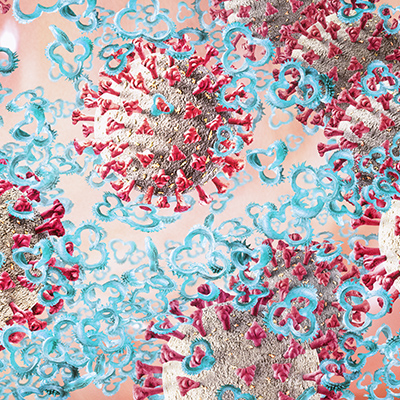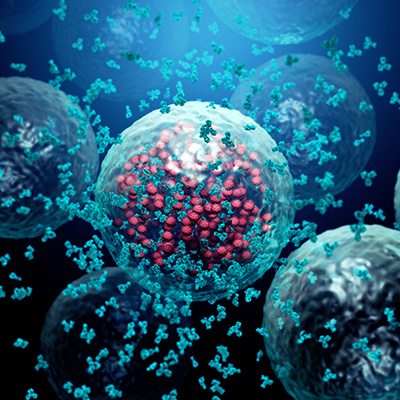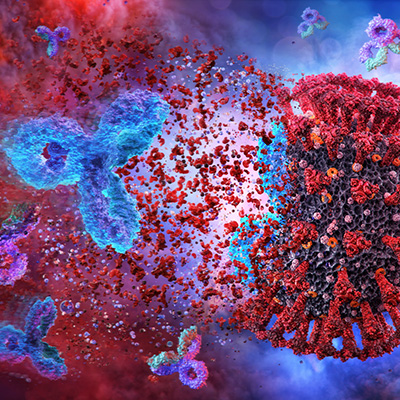September 16, 2020 -- Eli Lilly released early data from a phase II clinical trial that explored the use of the neutralizing antibody LY-CoV555 in the COVID-19 outpatient setting.
The Blaze-1 clinical trial showed that COVID-19 patients who were treated with LY-CoV555 experienced a reduced rate of hospitalization by 72%. The rate of hospitalizations and emergency room visits was 1.7% for those treated with LY-CoV555 compared to 6% who were given placebos. Most hospitalizations occurred in those with underlying conditions.
In the randomized, double-blind, phase II study, mild-to-moderate recently diagnosed COVID-19 patients were given placebos or 700 mg, 2,800 mg, or 7,000 mg of LY-CoV555. Additionally, change from baseline in viral load at day 11 was met at the 2,800 mg dose but not at the others.
No patients were placed on ventilators or died, according to the company.
Copyright © 2020 scienceboard.net










